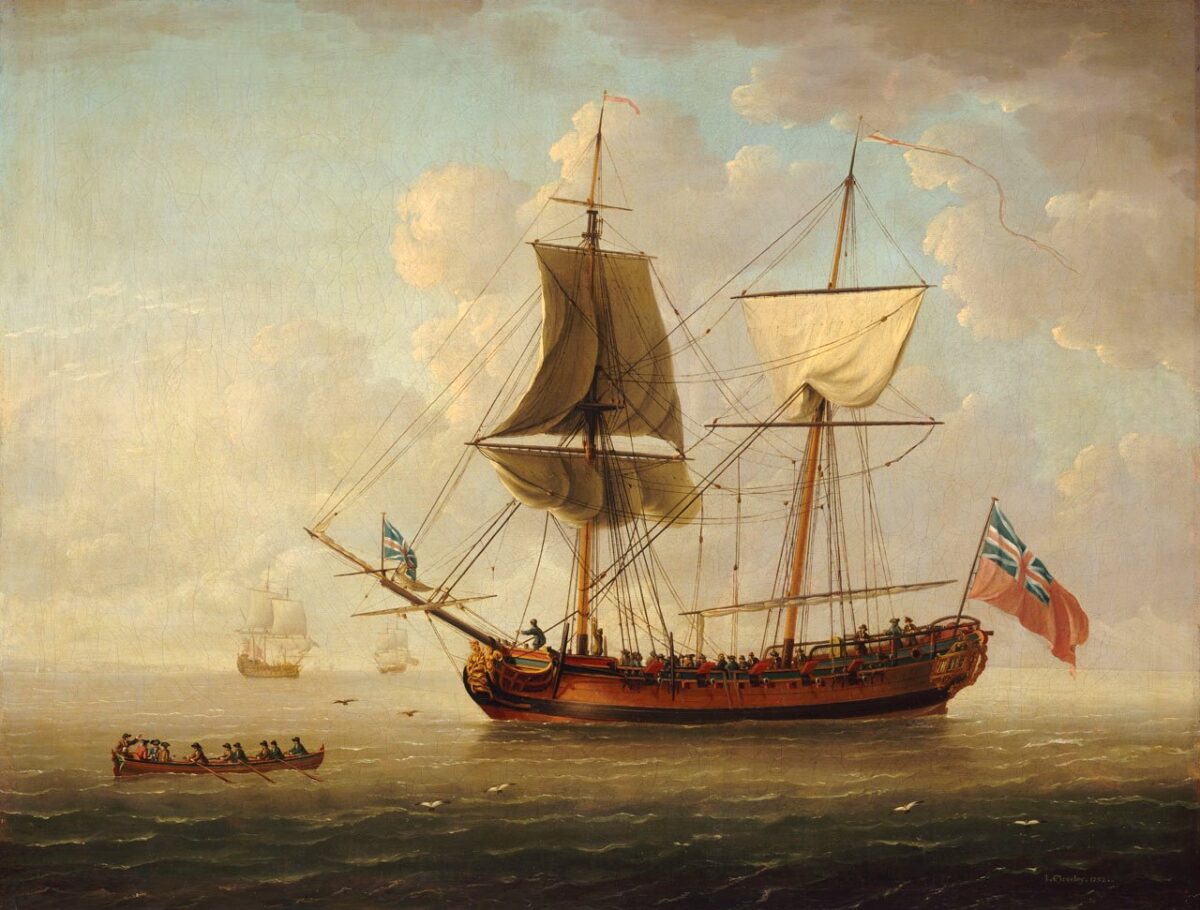The South Carolina Maritime Museum in Georgetown will present two lectures by scholar Christine Brin, Associate Curator of Education from the North Carolina Maritime Museum-Beaufort, on November 11, 2022. The lectures will be part of their History for Lunch and Night of Knowledge programs. This programming was supported with funding from a Growth Grant from South Carolina Humanities. Funding for the Growth Grants has been provided by the National Endowment for the Humanities (NEH) as part of the American Rescue Plan Act of 2021.
History for Lunch begins at 12 p.m. with “By Hook or By Crook: Anne Bonny and Mary Read,” the captivating history of the world’s most famous lady pirates. The Adults Only Night of Knowledge Presentation begins at 6 p.m. with moonshine sampling and a curiously fascinating look at maritime history from a far different angle! This evening program is rated R due to language, alcohol, and explicit content. Participants must be 21 years of age or older to attend. Christine Brin will share about some lesser told stories related to maritime history ranging from topics of love, nudity in maritime art, alcohol and drug smuggling on the ocean, STDs among sailors, and more.
Previous programs in the series included:
History for Lunch (ticketed)
Tuesday, September 6, 2022 | 12:00 p.m.
His Majesty’s Warships in South Carolina, 1719-1775
During the last half-century of South Carolina’s colonial era, Britain’s Royal Navy assigned a series of warships to cruise along our coastline to protect commercial shipping from hostile enemies and to interdict illegal smuggling. Nic will provide an overview of the sixty-odd “station” vessels, their duties, and their impact on the fortunes of colonial South Carolina.
Register: https://scmaritimemuseum.charityproud.org/Even…/Index/9847
Night of Knowledge (Free)
Tuesday, Septemver 6, 2022 | 5:30 p.m.
Africans Entering the Port of Charleston, 1670–1808
Charleston was the main port for importing enslaved people into South Carolina for more than a century. Their arrival followed a predictable pattern of steps found in other port communities, such as inspection, quarantine, and market preparation, the records of which help us understand the experiences of the enslaved people who entered this state. Nic will discuss the logistics surrounding arriving Africans at the conclusion of the Middle Passage.
Register: https://scmaritimemuseum.charityproud.org/Even…/Index/9848
On Wednesday, April 27, 2022 at 12:00 p.m., Professor Sean M. Kelley (University of Essex) gave a virtual lecture on the 1754-55 slaving voyage of the Hare, based upon his book, The Voyage of the Slave Ship Hare: A Journey into Captivity from Sierra Leone to South Carolina. Participants learned about the transatlantic slave trade, how it worked, who was involved (both in Africa and the colonies), and what we know about the Africans that were taken captive and sold in the Americas. Utilizing historical documents from a wide range of institutions, Sean has recreated the fascinating, yet tragic, voyage of one particular ship, the sloop Hare.
On Monday, May 16, 2022, the SC Maritime Museum held two events with Professor Lynn B. Harris from East Carolina University. They hosted a History for Lunch program at noon, as well as an evening talk. Dr. Harris presented on the Hobcaw and Mars Bluff shipyards and what life was like working there during colonial/antebellum periods, the archaeological work that has been conducted at these sites, and the enslaved yard workers and their roles. The evening event was on enslaved watermen of the Lowcountry, based on her book, Patroons & Periaguas: Enslaved Watermen and Watercraft of the Lowcountry.
The SC Maritime Museum opened in 2011. Its mission is to preseve and promote the maritime history of Georgetown County and South Carolina. Learn more here: https://scmaritimemuseum.org/.
The mission of SC Humanities is to enrich the cultural and intellectual lives of all South Carolinians. Established in 1973, this 501(c) 3 organization is governed by a volunteer 21-member Board of Directors comprised of community leaders from throughout the state. It presents and/or supports literary initiatives, lectures, exhibits, festivals, publications, oral history projects, videos and other humanities-based experiences that directly or indirectly reach more than 250,000 citizens annually.
